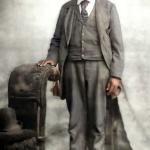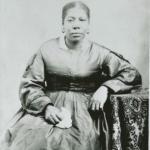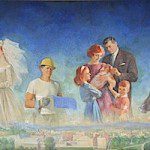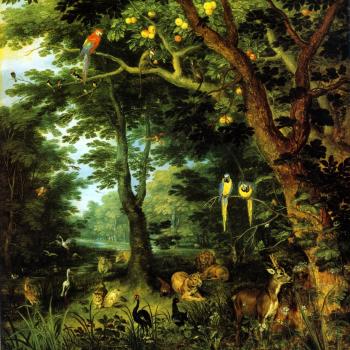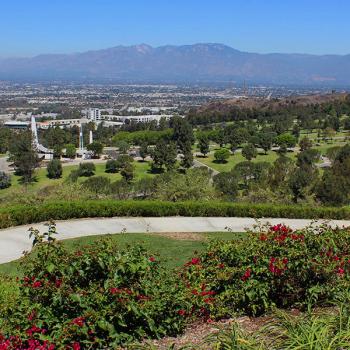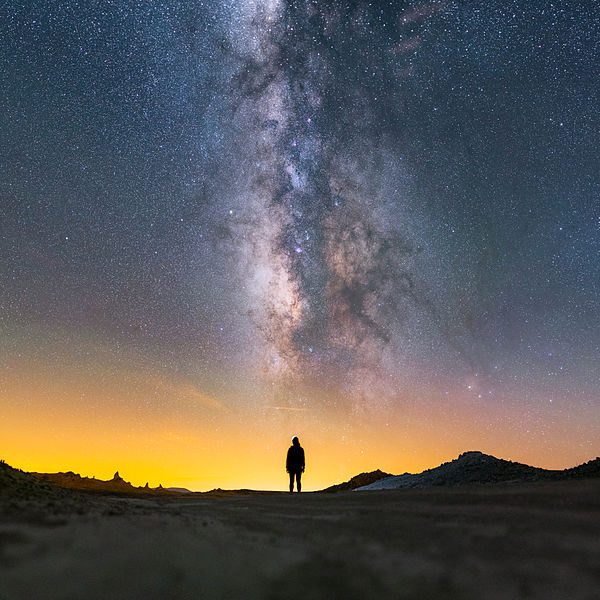
Some while ago, I read William J. Peters, At Heaven’s Door: What Shared Journeys to the Afterlife Teach About Dying Well and Living Better (New York and London: Simon and Schuster, 2022), written with Michael Kinsella. A practicing grief and bereavement therapist, William Peters holds degrees from Harvard’s Graduate School of Education and the University of California at Berkeley. He is the founder of the Shared Crossing Project and director of its Research Initiative. Michael Kinsella earned a Ph.D. in religious studies from the University of California at Santa Barbara, where he remains affiliated as a researcher with that university’s Religion, Experience, and Mind Group.
I want to share a couple of passages from the book with you. Here’s the first:
Jackie is in her forties and works with special needs students in the province of British Columbia, Canada. “I was having a regular night,” she recalls. “About one or two a.m., I felt this sharp, horrible pain in my chest. I was feeling it all in my arms. They were tingling. It was really horrible, and I didn’t know what was going on. I phoned my girlfriend and I told her that I didn’t know if I was having a heart attack or a panic attack. I said, ‘I’m terrified, so please just stay on the phone with me, and if something happens, phone the ambulance.’ She was trying to calm me down, and I felt like the room was spinning. I felt a serious sense of doom, like something bad was happening.”
In the midst of this, Jackie began to see the eyes of the man whom she considered her lifelong best friend — “Luke would come to my house almost daily, I’d feed him dinner. I loved him, but he was kind of a womanizer. My dad was a big womanizer, and I didn’t want to follow in my mother’s footsteps, so I told him I loved him, but I couldn’t be with him.”
Now, in this moment in the middle of the night, Jackie saw his blue eyes. She remembers they were “kind of glossy and dead. I didn’t know what this was about,” she adds. “I thought I was dying, so I was like, ‘What does this have to do with him?” The episode passed, but “the image of Luke’s dead eyes kept coming into my head. It was almost like I was seeing him.” At 8 a.m., she received a call that Luke had died. “The worst part was, I wasn’t surprised. Most people would be in denial that their best friend died, and I felt so horrible because part of me knew that he died.” When she pieced the story together, she realized that “the time that I thought I was having a heart attack was approximately the time that he OD’d on fentanyl.” (115-116)
The second involves Julie, her daughter Sophie, and Julie’s remarried ex-husband, with whom she had been out of contact for roughly a decade. (Julie, too, had remarried.). Julie describes herself as “a skeptic by nature. I don’t believe in ghosts. I’ve never had a ‘psychic’ experience. As a nurse, I have seen patients die and have comforted families, but I had never heard of a shared death experience, much less had one” (152).
The ex-husband had entered into the very early stages of dementia. Daughter Sophie came to visit Julie, with whom she left her own two daughters, and then headed off to spend some time with her father in the nursing facility where he was staying. Julie and her granddaughters decided to go out to a movie:
About halfway through the movie, Julie had what she describes as “a distracting impression” and felt a sensation that, “Something’s happening. His condition is changing. He’s going.
I pushed the thought away as imagination, but it stayed and was hard to ignore, like when my dog stares at me silently with his big eyes. I was being asked to do something, and in my spirit, I hesitated, but then said yes.” What happened next was transformative. Julie explains, “I closed my my eyes and time and space changed. I was with him in this new space. The movie screen and sounds completely were gone.”
Julie describes seeing her ex-husband “wrapped like a mummy, with only his head uncovered. His features were not clear, like an image in an old mirror and with a sepia filter. The outer layers of fabric around his form were loose and flowing, a linen-like material but more flowy. It had no end; the fabric just merged into the dark background space around him.
“He was moving upward to the light above his head. I looked at it.” She recalls seeing “a beautiful, diffuse light that was more than light. It was a place, a space, an energy. It was freedom and release and forgiveness and acceptance.” She felt that “I was glimpsing eternity.”
In that moment, Julie heard him “saying, ‘I have to go. I can’t hang on,’ not in voice or words,” she adds, but instead expressed “clearly and to me. More clear than voice or words, it was a knowing. Then I understood I was there to help him pass. He had to go, and somehow I was part of it. I sent my energy to help propel his spirit upward. To pass. I told him, ‘It’s good, yes, go. Go in peace.'”
Julie says, “It was the most profound, indescribable, and most peaceful feeling I have ever, ever experienced. Then, it was over. Julie’s attention returned to the movie and the smell of popcorn. She recalls thinking, “Did this just happen? Have I imagined it all?” Her next thoughts were, “No one would believe me, and I wasn’t sure I believed it.”
“I needed to know the time. I reached inside my purse for my phone. It was 1:32
“I decided to text my daughter.” Julie thought about asking if “your dad just died,” but instead she wrote, Weird feeling. Sophie responded immediately, I think he just died.
“I know, I texted back. I felt it.” In that moment, Julie says, “I realized how hard this was going to be to tell anyone. It transcended words.” She adds, “I was humbled that somehow I was chosen or allowed to witness his passing.”
Later, Sophie told her mom that in her father’s last moments, “He opened his eyes just before he died, and his lips moved.” To which, Julie says, “I thought, ‘Yes, I know,'” adding, “To glimpse eternity as a mere mortal, the whole thing brought me to my spiritual knees.” Julie says that this experience has left her “less skeptical and not afraid of death.” And she hopes her story helps others and “gives comfort.” (153-154)
Now, I understand that my sharing these two accounts is absolutely guaranteed to elicit charges of “pseudo-science” from some of my critics.
But these are just two of many in the book, and they are of a type that has been extensively documented since at least the past century and a half, and to which parallel accounts exist back into antiquity. Incidentally, nothing in my own personal worldview demands that they be accepted at face value — although such acceptance would probably be easier on my assumptions than on those of a naturalistic materialist. In any case, whether they ultimately represent some sort of mysterious interpersonal communication, or mere coincidence, or hallucination, or attempts at deception extending across centuries, it isn’t clear to me that the properly scientific approach to them would be to pretend that that such accounts simply don’t exist.


